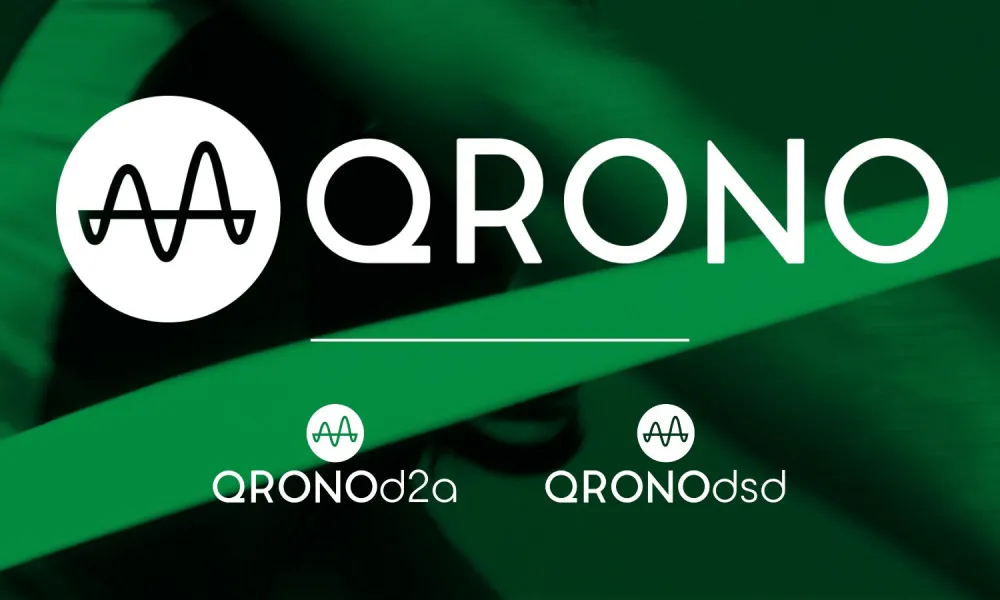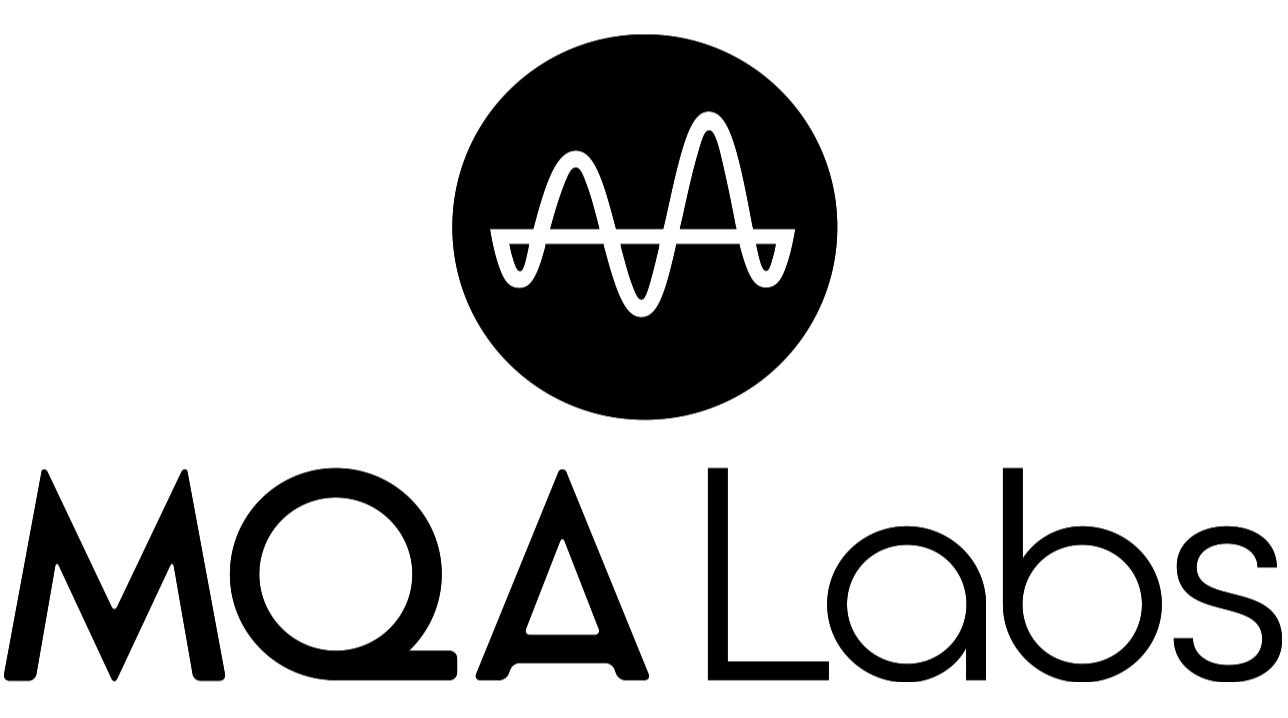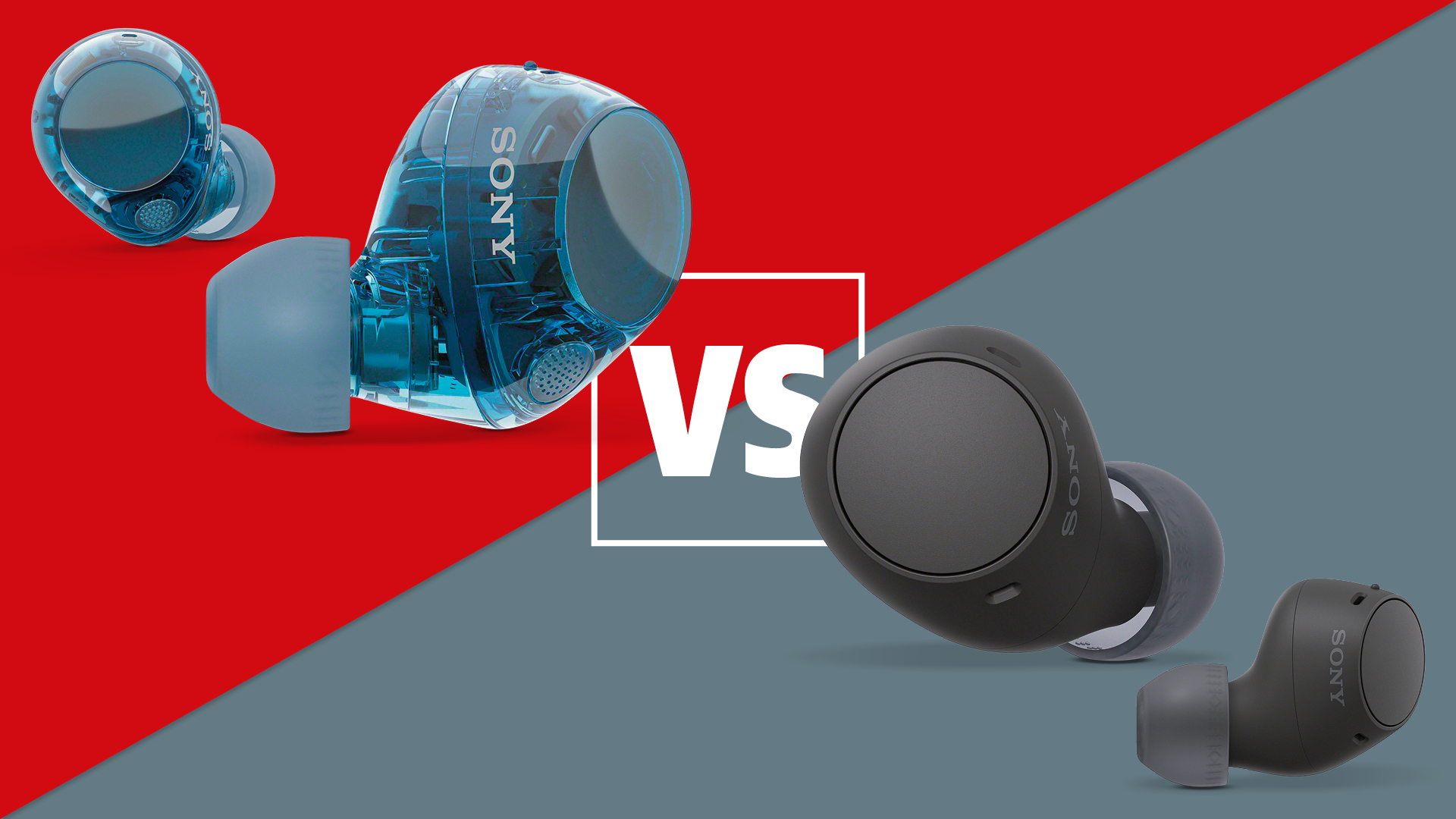MQA's latest audio technology aims to reduce timing issues and put the soul back into your music
Qrono d2a arrives alongside Qrono dsd

MQA Labs has announced its plans for its Qrono line of audio technologies. After going into administration last year and then being bought by Lenbrook Media Group a few months later, plans were teased in the summer of 2024 concerning MQA. The newly branded "Airia", Foqus" and "Qrono" initiatives vowed to "bring audio processing enhancements across the music supply chain", with Qrono specifically aiming to bring a variety of audio-processing enhancements to playback devices.
MQA Labs and Lenbrook have further divulged what Qrono is and how it will be implemented moving forward, announcing two technologies within the line. 'Qrono dsd' promises to "set a new standard in DSD-to-PCM converters", whereas 'Qrono d2a' has been designed to "get the best audio performance out of every DAC".
According to MQA and Lenbrook, Qrono dsd grants performance enhancement which "exceeds the best analogue systems". Qrono dsd converts DSD audio into a PCM signal, meaning that listeners can play DSD tracks on a DAC that wouldn't be able to do so natively.

Qrono d2a, meanwhile, aims to rectify problems with digital audio timing that often occur when filters are used to convert digital sound between digital and analogue formats, making audio more natural and lifelike while reducing listener fatigue. MQA claims that d2a reduces issues such as 'time ringing' (where listeners hear echoes before and/or after a note is played), resulting in a crisper, more authentic sound without lagging or echoes.
Qrono d2a also employs a more 'bespoke' approach to signal filters. While most DAC chips use the same filters for inputs at different sample rates, an approach which MQA describes as "unnecessarily aggressive", Qrono filters are optimised for the musical spectrum of each input sample rate, preserving the original musicality as a result.
According to Al Wood, MQA Labs' Director of Engineering: "We focus on the meticulous application of fundamental signal processing techniques. These include filters and noise shapers that improve the overall impulse response and transparency of digital-to-analogue conversion to get the absolute best from each DAC chip."
Both of these new technologies – MQA DSD and MQA d2a – will come to market this month via the Bluesound Node Icon, brother to the Bluesound Node (2024) and the most premium member of Bluesound's latest line of music streamers.
Get the What Hi-Fi? Newsletter
The latest hi-fi, home cinema and tech news, reviews, buying advice and deals, direct to your inbox.
MORE:
MQA audio: what is it? How can you get it?
MQA has gone into administration: what does this mean for Tidal and supported products?
Read our full Tidal review

Harry McKerrell is a senior staff writer at What Hi-Fi?. During his time at the publication, he has written countless news stories alongside features, advice and reviews of products ranging from floorstanding speakers and music streamers to over-ear headphones, wireless earbuds and portable DACs. He has covered launches from hi-fi and consumer tech brands, and major industry events including IFA, High End Munich and, of course, the Bristol Hi-Fi Show. When not at work he can be found playing hockey, practising the piano or trying to pet strangers' dogs.
-
Friesiansam Looks like MQA are again going to require you to buy compatible hardware, to take full advantage of their new proprietary technology and, realise all the claimed benefits...Reply -
manicm ReplyFriesiansam said:Looks like MQA are again going to require you to buy compatible hardware, to take full advantage of their new proprietary technology and, realise all the claimed benefits...
Well as the article says, the new Bluesound Icon has it built-in. I think its launch has been a bit delayed as I've seen no reviews yet. -
nopiano “MQA claims that d2a reduces issues such as 'time ringing' (where listeners hear echoes before and/or after a note is played), resulting in a crisper, more authentic sound without lagging or echoes.“Reply
They are brilliant at solving problems that never existed, aren’t they? Can they fix my record player that burns the toast? 🤣🤪🙃 -
djh1697 Is this an admission by MQA that it removes the soul from the music? They want to put the soul back into the music. When will we have the correct music?Reply
